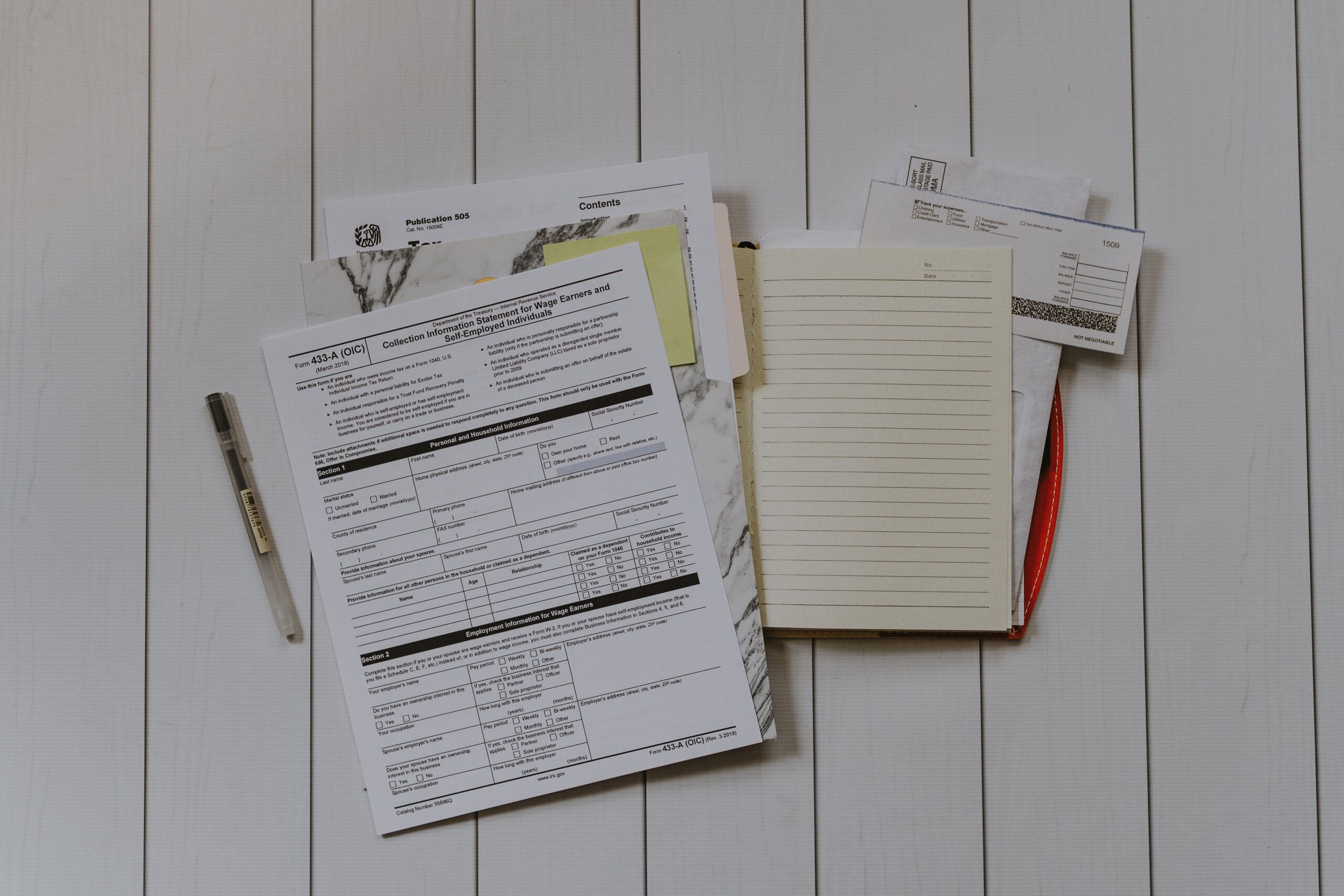Travel Expense
| Purpose | Travel Expense | Expense Related to Business |
| Primarily for Business Activities | Yes | Yes |
| Primarily for Personal Activities | No | Yes |
Determining Primarily for Business or Personal
The amount of time the taxpayer spends on personal activities compared to the time spent on business activities is an important factor to determine if a trip is primarily for business or personal purposes.
Common Expenses and Treatments
| Expense | Deductible? | Details |
| Commuting Expense | No | You can’t deduct the costs of taking a bus, trolley, subway, or taxi, or of driving a car between your home and your main or regular place of work. These costs are personal commuting expenses. You can’t deduct commuting expenses no matter how far your home is from your regular place of work. You can’t deduct commuting expenses even if you work during the commuting trip. |
| Parking Fees | No, unless visiting customer/client | Fees you pay to park your car at your place of business are nondeductible commuting expenses. You can, however, deduct business-related parking fees when visiting a customer or client. |
Transportation Expenses Illustration

Examples of deductible transportation.
The following examples show when you can deduct transportation expenses based on the location of your work and your home.
Example 1.
You regularly work in an office in the city where you live. Your employer sends you to a 1-week training session at a different office in the same city. You travel directly from your home to the training location and return each day. You can deduct the cost of your daily round-trip transportation between your home and the training location.
Example 2.
Your principal place of business is in your home. You can deduct the cost of round-trip transportation between your qualifying home office and your client’s or customer’s place of business.
Example 3.
You have no regular office, and you don’t have an office in your home. In this case, the location of your first business contact inside the metropolitan area is considered your office. Transportation expenses between your home and this first contact are nondeductible commuting expenses. Transportation expenses between your last business contact and your home are also nondeductible commuting expenses. While you can’t deduct the costs of these trips, you can deduct the costs of going from one client or customer to another.
Meals
Meals provided to a current or potential business customer, client, consultant, or similar business contact are deductible. In addition, any allowed expense must be ordinary and necessary. An ordinary expense is one that is common and accepted in your trade or business. A necessary expense is one that is helpful and appropriate for your business. An expense doesn’t have to be required to be considered necessary. Expenses must not be lavish or extravagant. An expense isn’t considered lavish or extravagant if it is reasonable based on the facts and circumstances.
Recordkeeping to substantiate meal expenses:
- Copies of receipts from business meals
- Date and location of the meal
- Record of who you dined with
- General description of the business matters discussed during the meal
Gifts
You can deduct no more than $25 for business gifts you give directly or indirectly to each person during your tax year.
You don’t always have to record the name of each recipient of a gift. A general listing will be enough if it is evident that you aren’t trying to avoid the $25 annual limit on the amount you can deduct for gifts to any one person. For example, if you buy a large number of tickets to local high school basketball games and give one or two tickets to each of many customers, it is usually enough to record a general description of the recipients.
Recordkeeping
| THEN you must keep records that show details of the following elements . . . | ||||
|---|---|---|---|---|
| IF you have expenses for . . | Amount | Time | Place or Description | Business Purpose Business Relationship |
| Travel | Cost of each separate expense for travel, lodging, and meals. Incidental expenses may be totaled in reasonable categories such as taxis, fees and tips, etc. | Dates you left and returned for each trip and number of days spent on business. | Destination or area of your travel (name of city, town, or other designation). | Purpose: Business purpose for the expense or the business benefit gained or expected to be gained. Relationship: N/A |
| Gifts | Cost of the gift. | Date of the gift. | Description of the gift. | |
| Transportation | Cost of each separate expense. For car expenses, the cost of the car and any improvements, the date you started using it for business, the mileage for each business use, and the total miles for the year. | Date of the expense. For car expenses, the date of the use of the car. | Your business destination. | Purpose: Business purpose for the expense. Relationship: N/A |
Daily Business Mileage and Expense Log Name – https://www.irs.gov/publications/p463#en_US_2022_publink10004830
Weekly Traveling Expense Record – https://www.irs.gov/publications/p463#en_US_2022_pu

